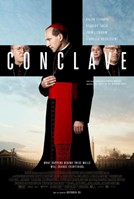Serving Those Who Serve
August 18th, 2025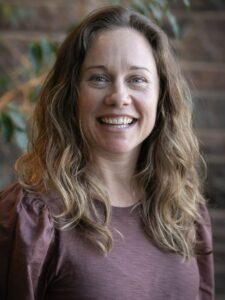 By Sarah Maslowski
By Sarah Maslowski
It’s Thursday at 1:00 p.m. and a zoom meeting has begun. Not everyone is there yet because CYF staff are known more for their relational skills than their timely ones. As the group waits a few minutes, people check in with one another and begin a devotion.
This group of CYF directors and pastors voluntarily gathers monthly from both the Minneapolis and Saint Paul Area Synods to pray for, support, and serve people who work with children, youth, and families. Gathering resources, collecting email addresses, hosting meals, finding continuing education opportunities, and much more, this group is devoted to supporting all types of CYF ministers, including volunteers, staff, and pastors.
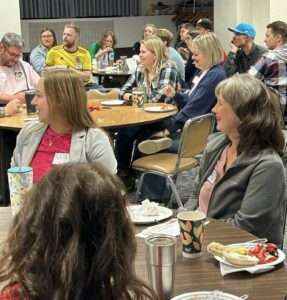
CYF Leaders at the Gratitude and Blessing Breakfast in May 2025
Starting in the fall, the team hosts a Welcome Event focused on new hires in the synods. They share resources and invite everyone to join monthly children’s ministry zooms and youth ministry meet-ups.
At the Extravaganza (an annual, four-day leadership event for ELCA congregational leaders in children’s, youth, and young adult, and outdoor ministry), this team hosts a Synod lunch to help leaders meet and reconnect with one another. They also table at Synod Assemblies and may lead a workshop at a Synod Tool Kit event.
Later in spring, the Gratitude and Blessing breakfast lifts all the work of the school year and the transition to summer programming. The MAS/SPAS team works hard together to find voices from both synods, creates a beautiful worship service, and even cooks the breakfast.
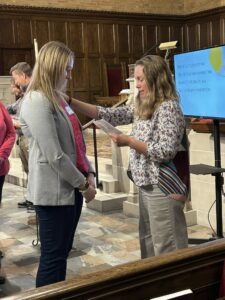
Sarah giving a blessing to a CYF colleague
I am new to this team as a member (I started my role on the Synod staff in November 2024), but have benefited from their hard work over the last 19 years working as a youth director in the Minneapolis Area Synod. Early in my ministry, I was invited to participate in network gatherings in the western suburbs, encouraged to go to the Extravaganza, offered a blessing at the Gratitude and Blessing breakfast and, one of my favorites, I even attended a Twins game with this CYF network. However, even better than an afternoon baseball game, I have found the different gatherings a place for honest conversations and questions around ministry. A place for sharing ideas and supporting one another. A place to be refreshed and encouraged.
Serving the next generation isn’t always an easy job, but it is easier when we do it together. If you or anyone you know in CYF ministry is looking for connection, resource sharing, or faith-filled conversations, please contact me or one of the members of the MAS/SPAS team. We’d love to get you connected and help you grow in your CYF ministry!
The CYF page on the MAS website includes many resources, and this list can get you started too.
Meet Sarah, CYF Connector on the Minneapolis Area Synod staff >

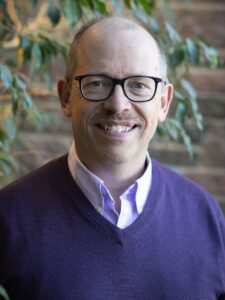

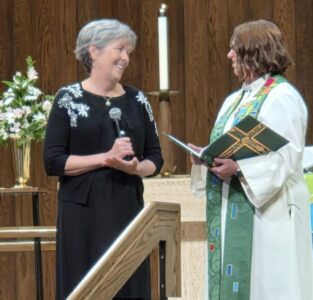
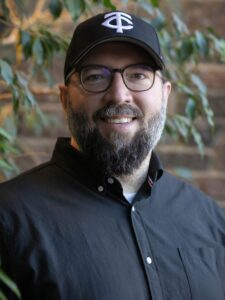 By Nicholas Tangen
By Nicholas Tangen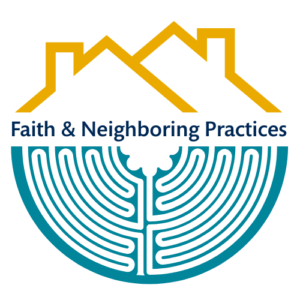
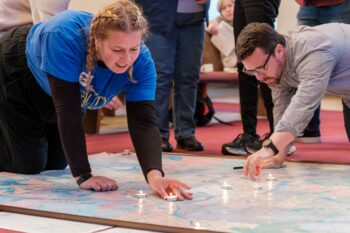
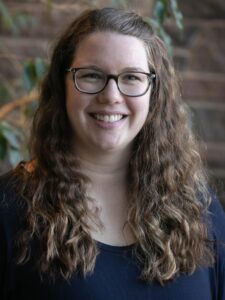
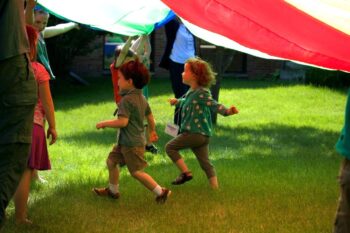 I see Church Together when churches offer their Vacation Bible School (VBS) decorations to other churches in the area who might have their VBS later in the summer. I smile when I see posts in Facebook groups of people sharing ideas, tips, and resources. It’s such a tangible way to be Church Together. My home church has our VBS next week and we were offered free rein of another church’s entire setup and extra craft supplies before they cleaned up, and it will make such a huge impact for our program and volunteers!
I see Church Together when churches offer their Vacation Bible School (VBS) decorations to other churches in the area who might have their VBS later in the summer. I smile when I see posts in Facebook groups of people sharing ideas, tips, and resources. It’s such a tangible way to be Church Together. My home church has our VBS next week and we were offered free rein of another church’s entire setup and extra craft supplies before they cleaned up, and it will make such a huge impact for our program and volunteers!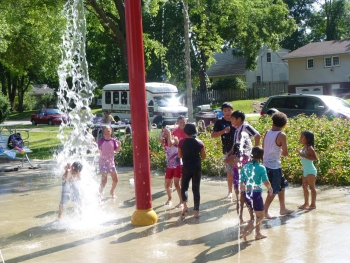 I see Church Together in the Synod’s Summer Youth Program. Mission Support dollars from Minneapolis Area Synod congregations help fund Summer Youth Program grants for summer programs in under-resourced neighborhoods and churches. Sometimes, the only way these churches can provide these transformational programs is through partnerships and by being Church Together.
I see Church Together in the Synod’s Summer Youth Program. Mission Support dollars from Minneapolis Area Synod congregations help fund Summer Youth Program grants for summer programs in under-resourced neighborhoods and churches. Sometimes, the only way these churches can provide these transformational programs is through partnerships and by being Church Together.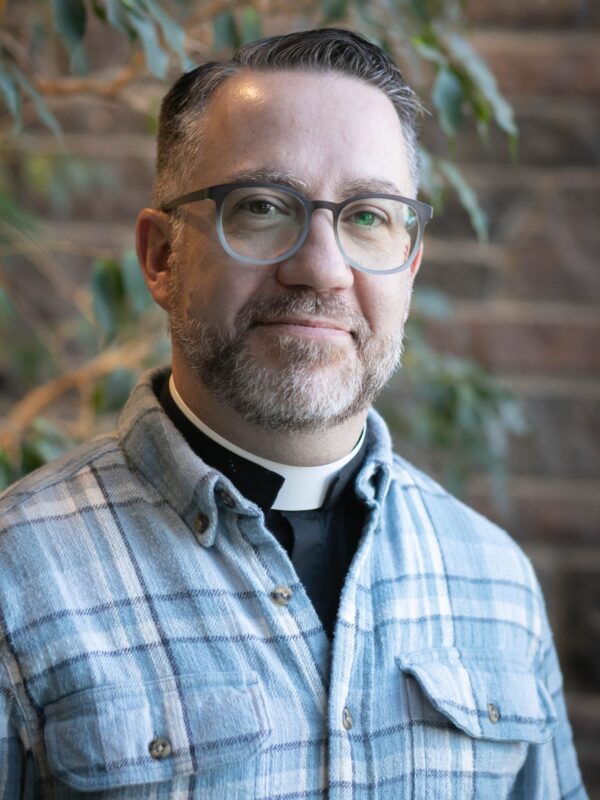 By Pastor Ryan Fletcher
By Pastor Ryan Fletcher 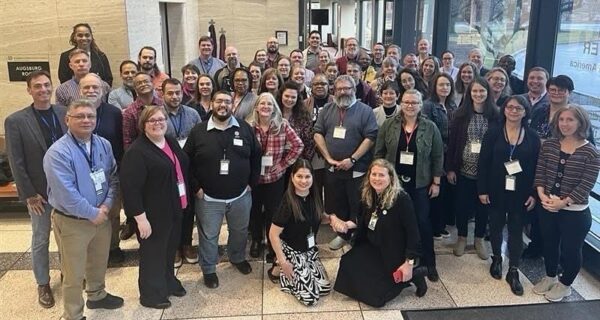
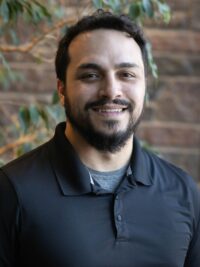 By Juan Gonzalez
By Juan Gonzalez
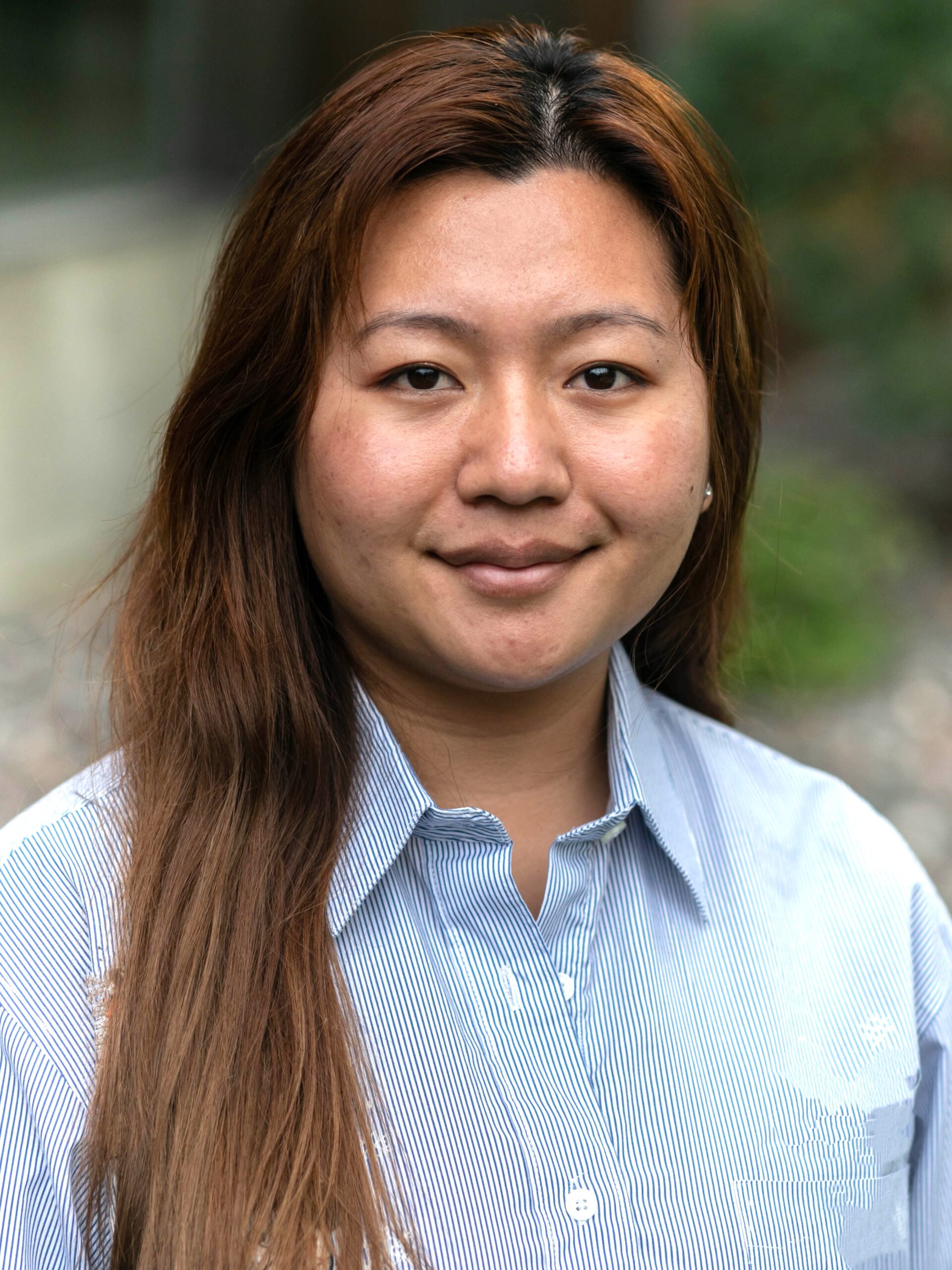 By Mercy Zou Taithul
By Mercy Zou Taithul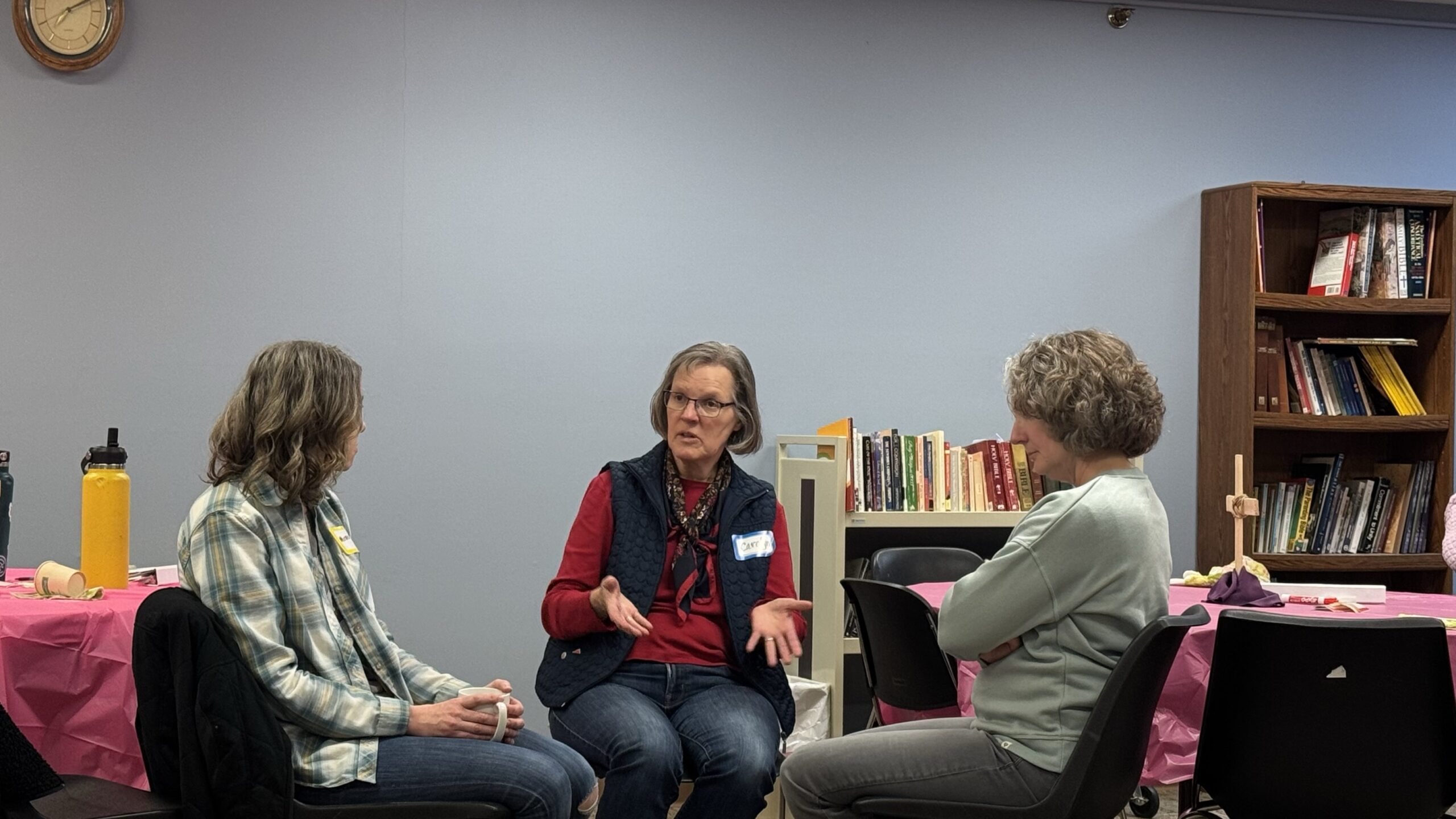
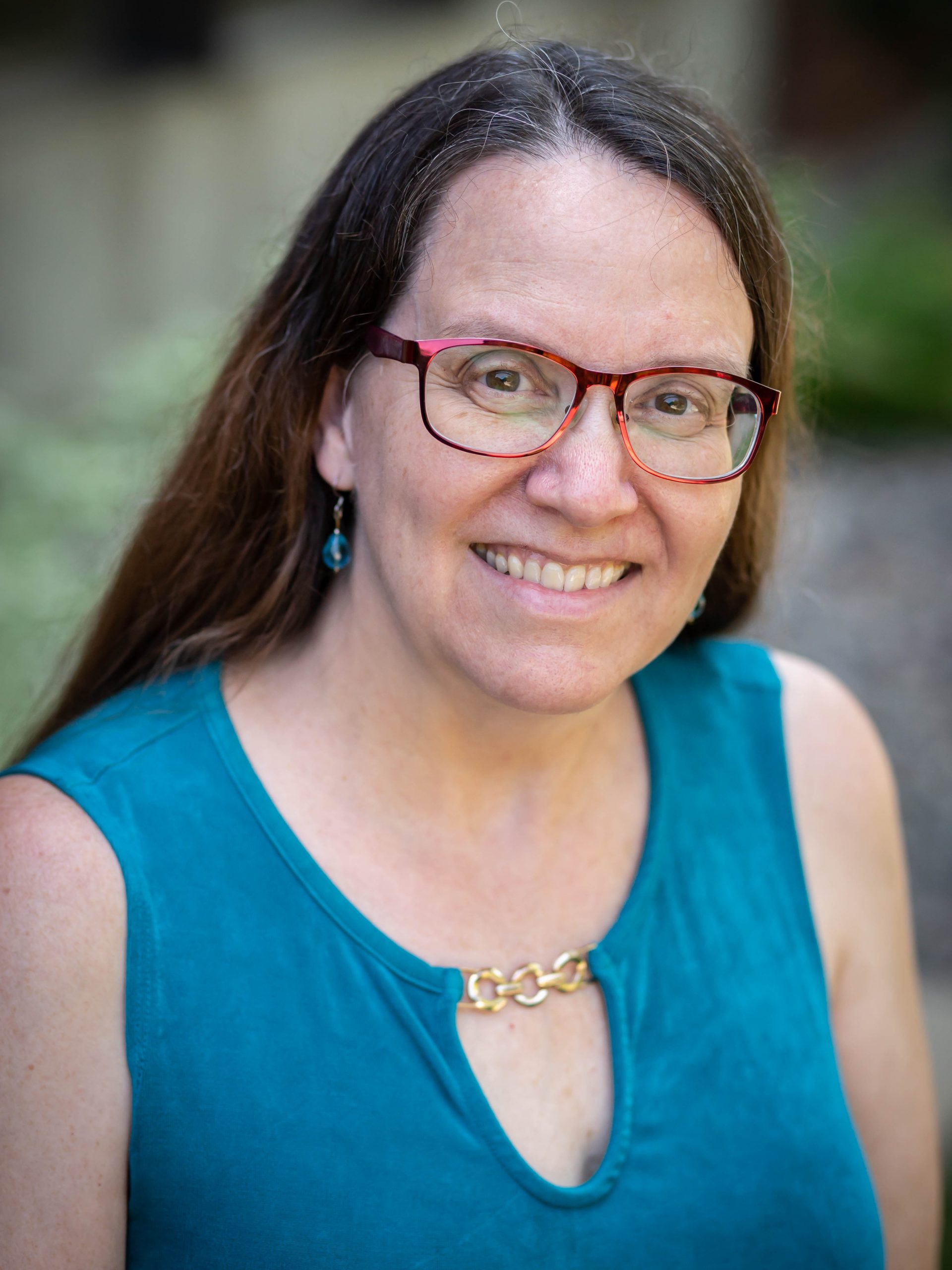 By Peg Ihinger
By Peg Ihinger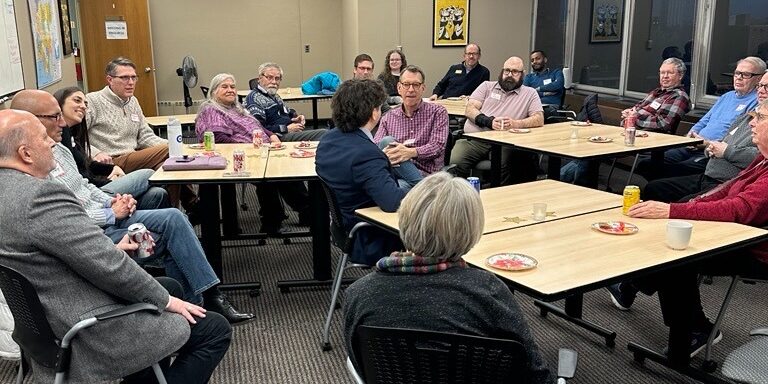
 By Nicholas Tangen
By Nicholas Tangen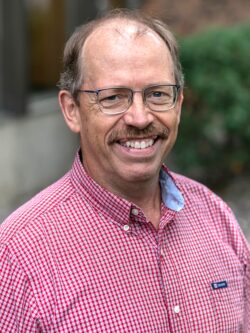
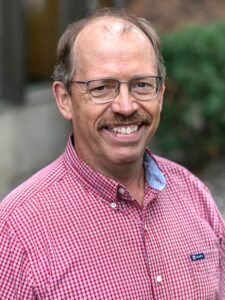 By Pastor John Hulden
By Pastor John Hulden